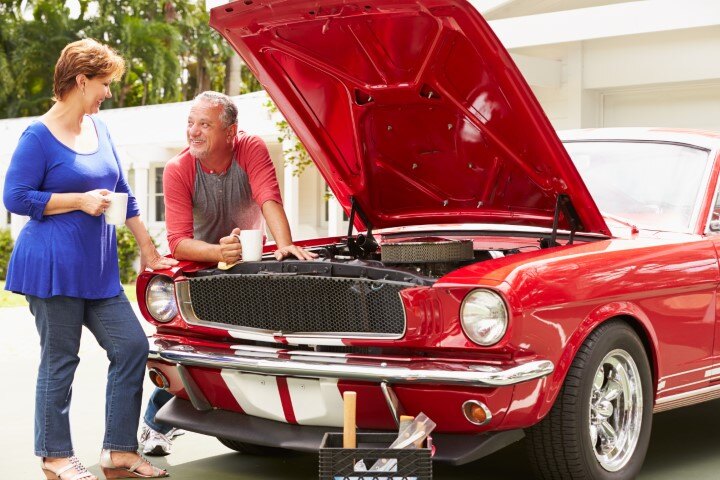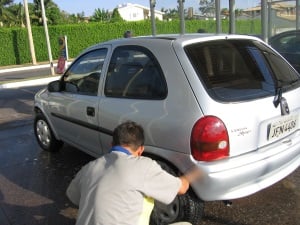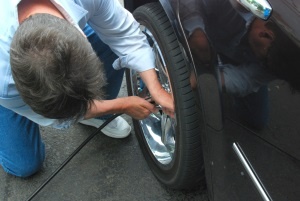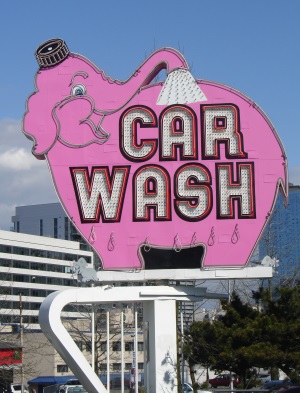More signs to look for when you buy a used car
A follow-up to our previous blog entry on things to look for when shopping for a used car. Buying a used car is always a better financial decision...

Continuing the topic of "how to extend the life of your car", this is something everybody wants. With the economy still in the doldrums and people worried about their budgets and financial futures more than ever before, the days of happily trading in a vehicle for a new lease or rolling over a car note into a "bigger and better" one may be long gone. At least for a while.
 If you google "how to make my car last longer", you'll get hits on the subject from lots of reputable groups like AAA and Reader's Digest. So here are a few of the best suggestions.
If you google "how to make my car last longer", you'll get hits on the subject from lots of reputable groups like AAA and Reader's Digest. So here are a few of the best suggestions.
Those of us who have had new cars know that there's a break-in period for the first few thousand miles of the car's life. The temptation could be to gun it and go wild when the car is at its freshest. After all, you're never going to have the car completely new again, right?
But if you want to make it last as long as possible, then this is a bad idea. The engine is so new, oil may not have completely worked its way into all parts of the engine. So be gentle, stick to the speed limit, and especially keep the engine RPMs at a reasonable level (i.e. below 3,000 rpm) while the car gets used to your driving habits.
I think we mentioned this in an email once, but it's a tip you might not think about. When I used to deliver pizza in college, I used to have about 8-9 key chains from "cool places" I had visited - all linked together in a big mass of keys that hung down from my ignition when I drove. My manager told me that was bad for the starter but I laughed him off. Turns out, he was right. Excess weight over a period of time wears out the tumblers of the ignition and shortens the life of the ignition switch. So lighten the load there.
People don't wash cars as often in the winter because they figure all the salt and grim and muck of a wet winter will make it a moot point. But washing in the winter will do even more to prevent rust and corrosion. This is because corrosion actually happens faster when the temperature rises and falls below freezing. And wintertime is when the road crews use salt to control ice and snow. Remembering to wash your car in the winter is a great idea to head off potential corrosion and rust problems.
Anti-lock brakes are pretty much standard these days, and there's a temptation to think that no care is needed for them. These systems are very sensitive to any moisture that works its way inside. Brake fluid, like ethanol gas, attracts moisture, and when it gets in there, it rots the brake system from the inside out. The remedy? Bleed or purge your brake lines every three years or as recommended by your owner's manual.

A follow-up to our previous blog entry on things to look for when shopping for a used car. Buying a used car is always a better financial decision...

Imagine if you could have a tire that never got flat. Or a tire where you could run over nails and the tire stays inflated long enough for you to...

We're changing things up a little bit here. We like to talk about fuels and oils and engines, but we also know people like to keep their cars looking...